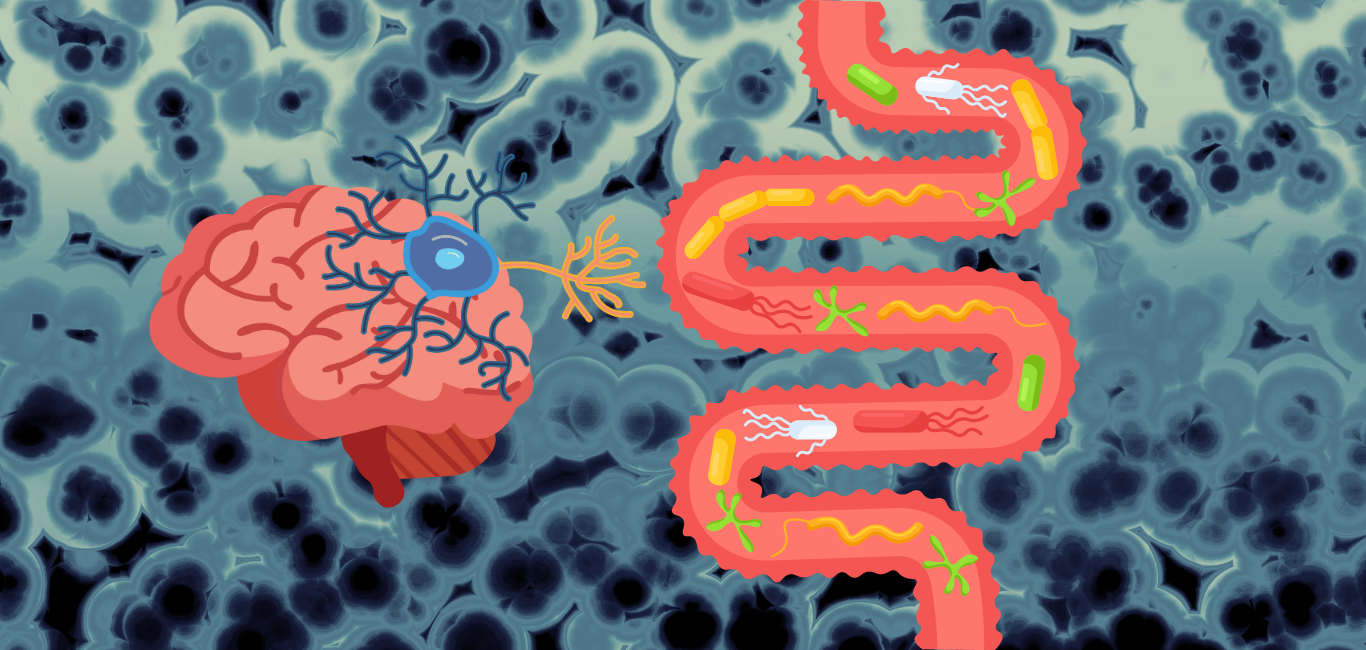
Researchers at the University of Oxford, UK have found that butyrate, a short-chain fatty acid produced by gut bacteria, can boost the antimicrobial activity of immune cells in the gut, possibly helping them better fend off bacterial infections and improve immune health.
The study, which exposed human monocytes and macrophages (immune cells) to bacterial infections to simulate real-world scenarios in the lab, backs up ongoing research into the benefits of butyrate as a therapeutic component to combat conditions—from food allergies to inflammatory bowel disease (IBD) and support immune system function.
What is butyrate?
Butyrate is produced by the digestion of carbohydrates and dietary fibres by certain gut bacteria, and it serves as the dominant energy source for colonocytes (cells that play a crucial role in maintaining a healthy intestinal barrier in the colon) while contributing to immune health.
Changes in the production of butyrate in the gut have been observed to cause various gut-related issues. While some researchers believe bringing the gut microbiota back into balance to resume adequate butyrate production to restore gut and immune health, others are looking at supplementing it as a therapy.
“One avenue involves exploring butyrate supplementation to enhance macrophage antimicrobial function,” says the study’s author Dr Sumeet Pandey, scientific investigator, GSK Fellow, GSK Immunology Network. The researchers stated that such a therapy could hold great promise in treating IBD and other gut-related disorders while supporting immune health.
Boosting immunity
Dr. Pandey and his team showed the mode of action of butyrate in bolstering the gut’s immune system and overall immune health. They employed single-cell RNA sequencing to analyze the gene expression profiles of immune cells to uncover genetic changes associated with butyrate treatment.
They did this by feeding butyrate to mice for seven days and analyzing the immune cells from their colons. “Gut macrophages from animals fed with oral butyrate daily for 7 days show enhanced antimicrobial clearance compared to the control,” Dr. Pandey says.
The study identified that treating macrophages with butyrate activated multiple antimicrobial and anti-inflammatory genes, which could help control immune responses, enhance antimicrobial functions, and influence genes related to metabolism and cell signalling, potentially altering how macrophages respond to infections and contributing to overall immune health.
Producing butyrate naturally
As butyrate is produced by gut bacteria, maintaining a healthy diet and lifestyle can ensure a consistent supply of butyrate, improving the gut’s immunity and supporting immune health.
Prof. Tarini Shankar Ghosh, a computational microbiologist investigating the gut microbiome, from Indraprastha Institute of Information Technology Delhi (IIITD), New Delhi, suggests that this can be done by opting for specific diets.
“The Mediterranean Diet or diets containing fibre sources like inulin, beta-glucan, and polyphenols tend to promote the growth of butyrate-producing bacteria,” he says. He adds that these can be found naturally in foods like chicory root, garlic, onions, oats, barley, dark chocolate, berries, and green tea.
Further, adhering to such diets, along with adopting a rural lifestyle (in terms of activity) and minimizing antibiotic exposure, supports the expansion of key butyrate-producing bacterial groups like Faecalibacterium, Roseburia, Eubacterium, Ruminococcus bromii, and Coprococcus, contributing to overall immune health.
Challenges
However, translating these findings into clinical therapies involves overcoming challenges, including customizing treatments to suit individual profiles, conducting extensive clinical trials, addressing ethical and regulatory concerns, and ensuring affordability while prioritizing immune health.
Individual responses to these therapies can vary significantly due to genetics and microbiota composition.
“The importance of finding the right dosage and delivery methods for substances like butyrate to avoid potential side effects or suboptimal outcomes,” will be vital in developing therapeutics, emphasizes Dr. Pandey, with a focus on immune health.
Additionally, prolonged immune activation, even for beneficial purposes, might lead to unintended consequences or immune dysregulation in the long term, resulting in chronic inflammatory conditions. The balance between promoting immune defence and avoiding chronic inflammation will need careful management for overall immune health.
Future potential
Future research can expand on this study by examining and comparing the genetic and protein-level changes in untreated and treated macrophages, shedding light on new ways to support immune health.
Prof. Ghosh suggests that by looking at how genes are turned on or off (transcriptome) and how proteins are produced (proteome), “researchers can get a comprehensive picture of how these treatments affect the cells.”
This analysis can help identify not only the main pathways but also other important factors and processes influenced by the treatment, ultimately leading to more effective treatments and new discoveries to improve overall immune health.

















